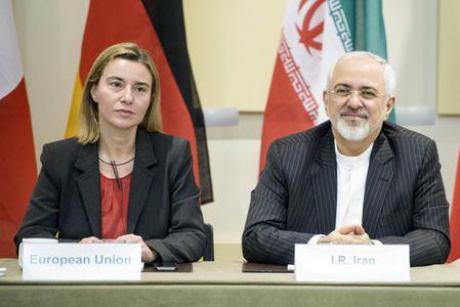ASTANA – The Kazakh Ministry of Foreign Affairs issued a statement on April 3, commending the news of a consensus reached at the P5+1 talks with Iran in Lausanne, Switzerland on Iran’s nuclear programme.
“We have consistently advocated for the solution of the situation around Iran’s nuclear programme … by political and diplomatic means, which will contribute to strengthening the international security system,” the statement said.
The Foreign Ministry reiterated Kazakhstan’s position “as a state with a strong commitment to the nonproliferation regime” and highlighted the fact that the two rounds of multilateral talks in Almaty in February and April 2013 “contributed significantly to the creation of an atmosphere of trust” between Iran and the group of international negotiators, which helped pave the way for the agreement reached two years later in Lausanne.
“We hope that the political will of the participating countries will be maintained and will become a key achievement concerning a comprehensive agreement on the Iranian nuclear programme within the agreed timeframe in the future,” the statement concluded.
The international media reported on April 2 that the deal concluded in Lausanne ruled that Iran will reduce its uranium enrichment capacity in exchange for phased sanctions relief. The agreement was described by U.S. President Barack Obama as a “historic understanding” reached with Iran.
According to reports, the group of P5+1 (the U.S., Russia, China, France, the U.K. and Germany) and Iran committed themselves to drafting a comprehensive nuclear accord by the end of June. The framework agreement was announced by EU High Representative for Foreign Affairs and Security Policy Federica Mogherini and Iranian Foreign Minister Mohammad Javad Zarif after eight days of tough negotiations in Lausanne.
Zarif is scheduled to visit Astana next week to meet his Kazakh counterpart, Erlan Idrissov, and discuss bilateral relations and regional security issues. Kazakhstan has long encouraged Tehran and Western diplomacies to seek a mutually acceptable agreement that would bring Iran’s rights to peaceful nuclear research under the control of the International Atomic Energy Agency and dispel any concerns regarding the potential for developing a military dimension of its nuclear programme.

